The BMO Climate Institute supports our clients by engaging with industry, the public sector, academia and investors, and serves as a resource on decarbonization, resilience, social impact, and biodiversity.
Featured Publications

Despite a "hint of a slowdown" in global electric vehicle (EV) sales, innovations in batt…
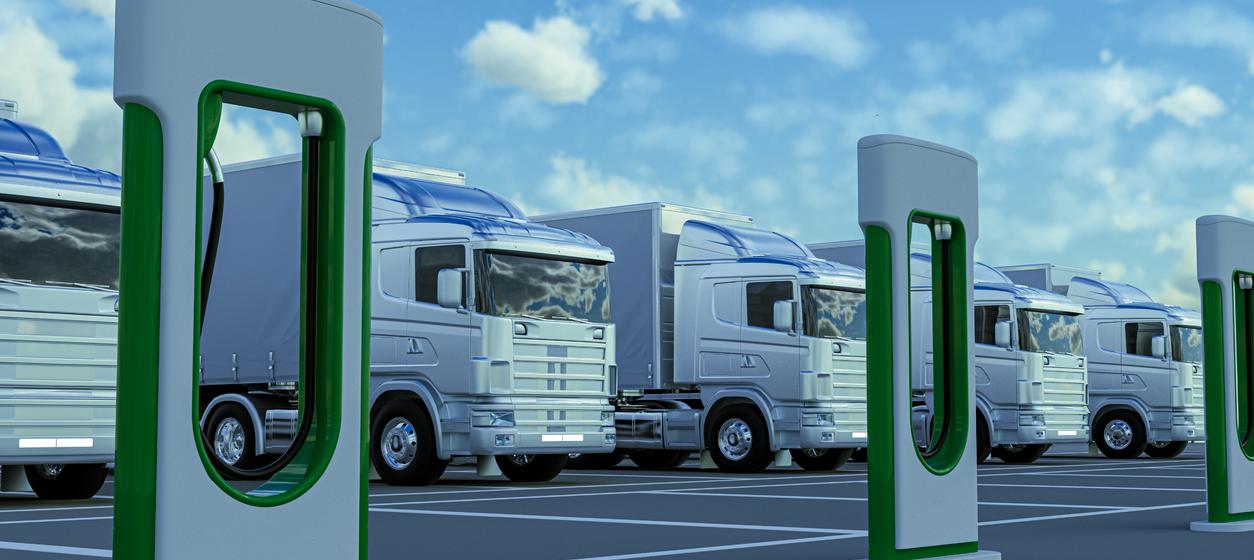
Carbon accounting is the process of measuring the emissions from the activities within the boundari…
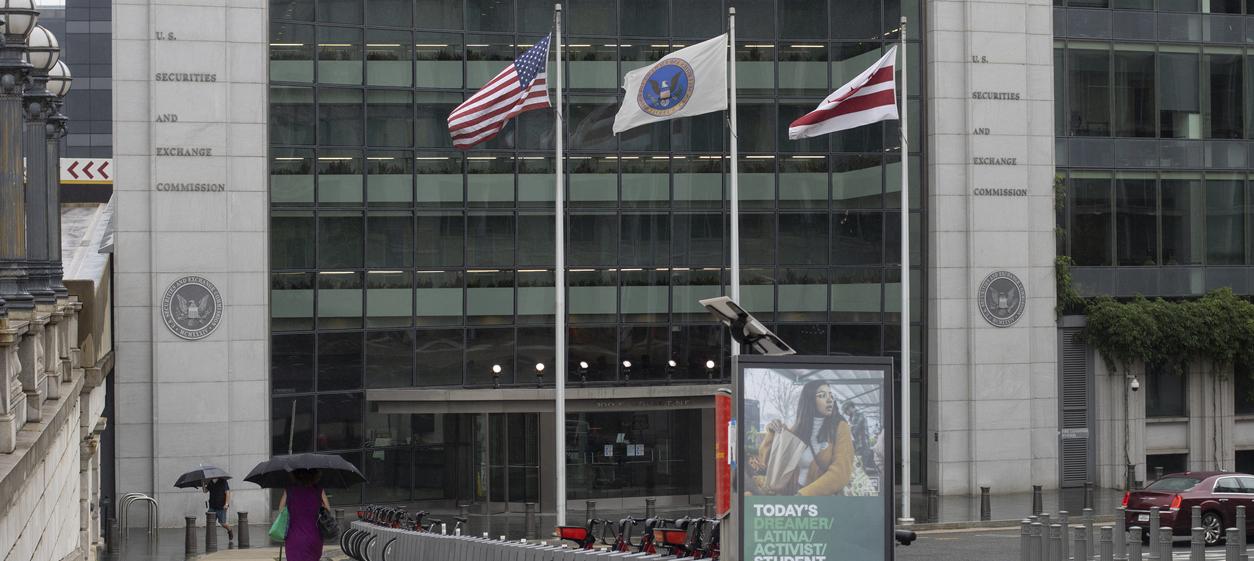
This year will feature a flurry of regulations, government guidance, and new incentives regarding c…
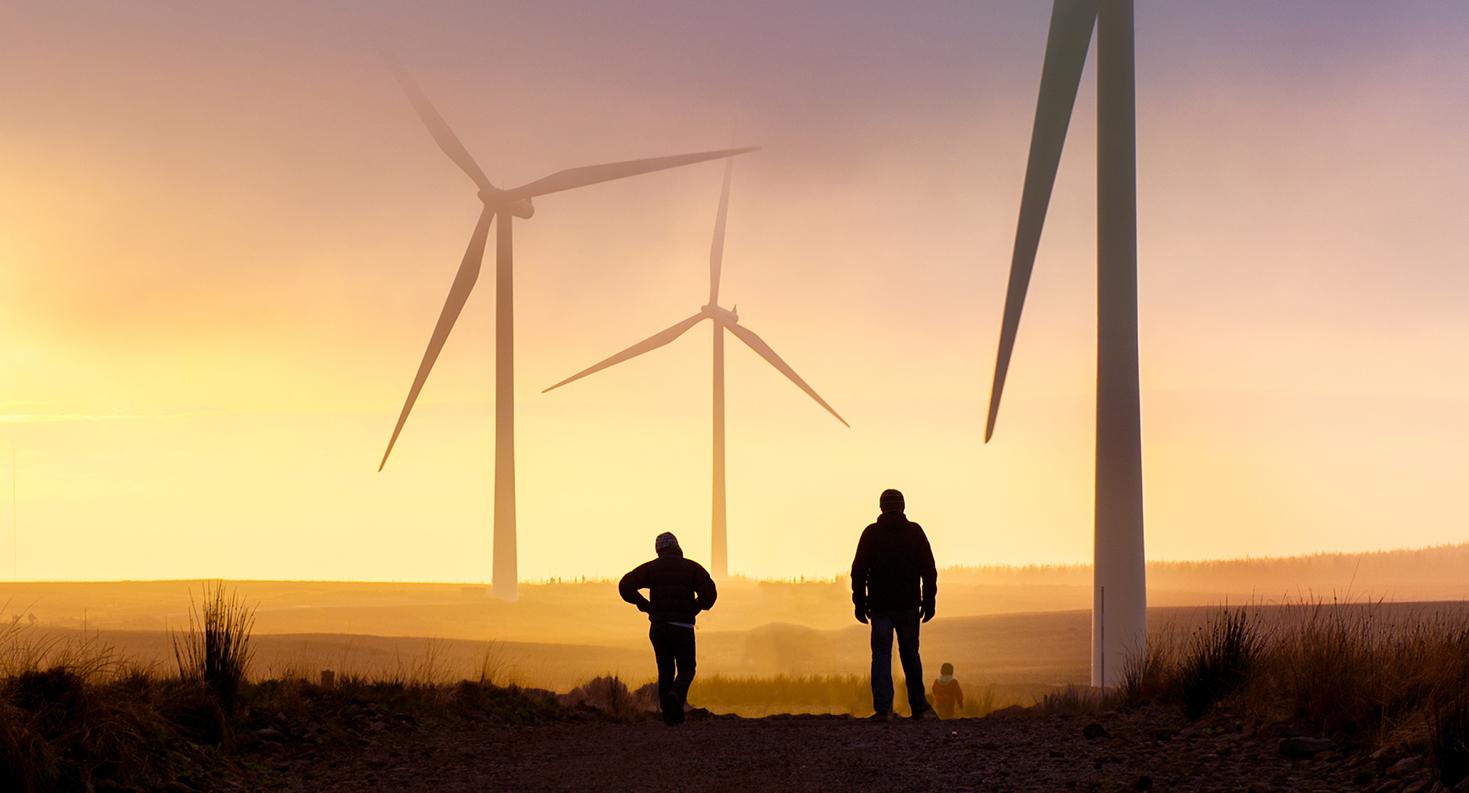
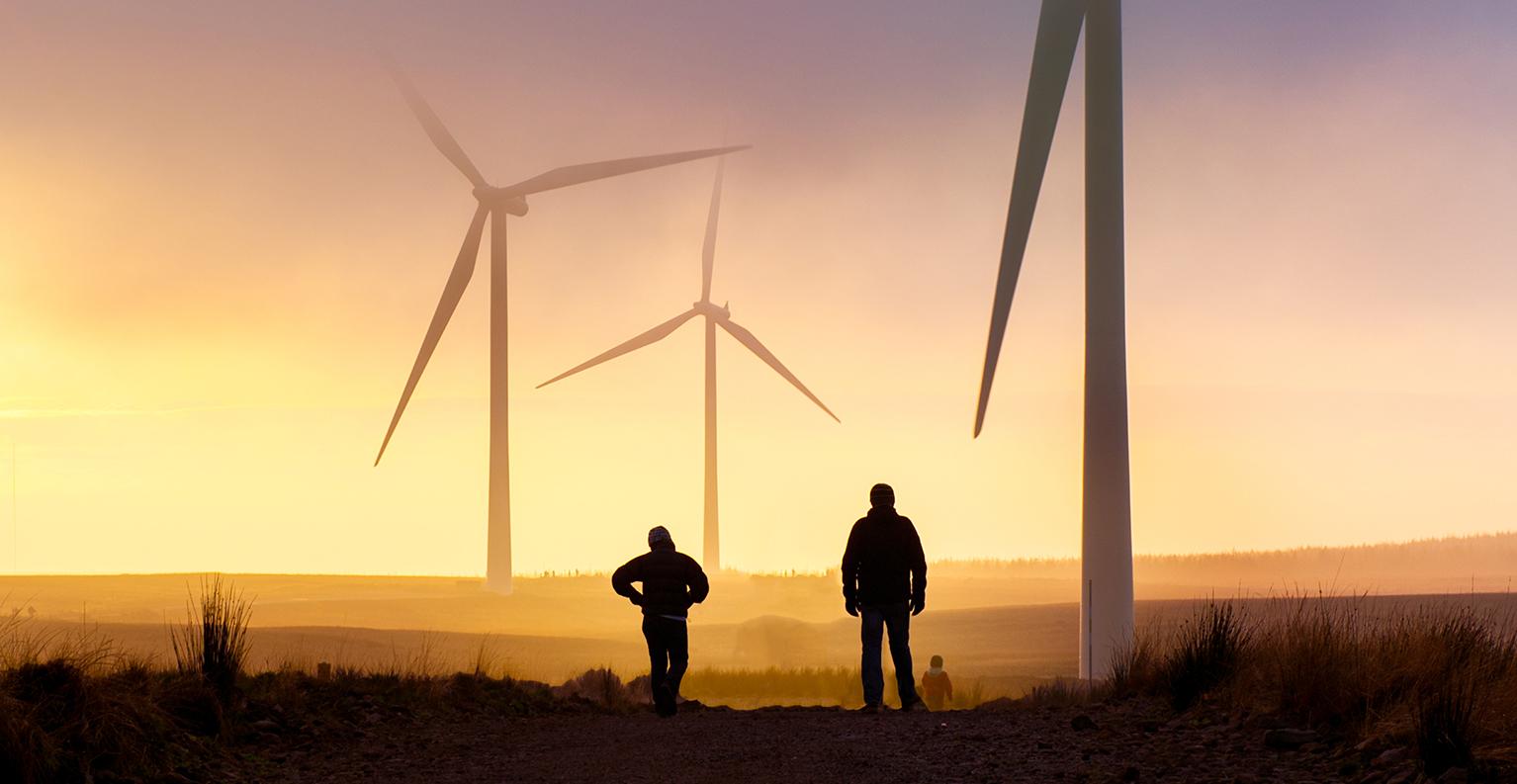
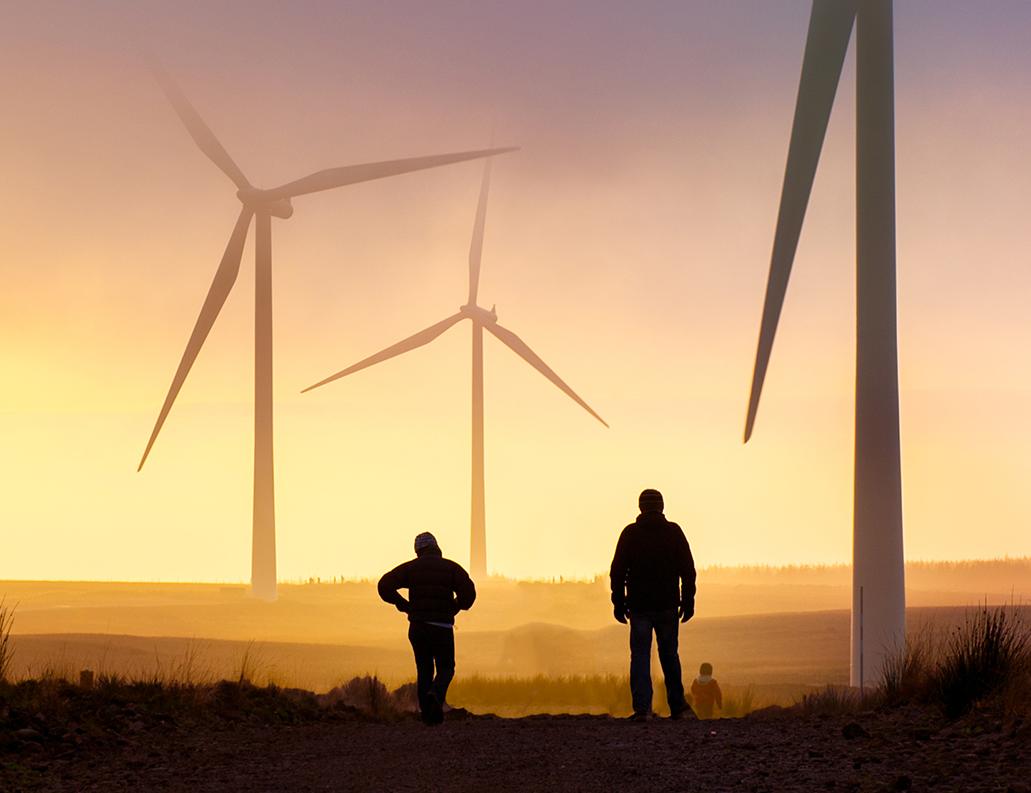
Sustainability Leaders
This award-winning BMO podcast explores the rapidly evolving intersection of corporate sustainability and climate change through interviews with business leaders, investors, researchers, and NGOs.
Collaborative Initiatives to Advance Climate Solutions
Leading the Secretariat of Canada's Net-Zero Capital
Allocation Working Group
Co-Chairing Electrifying Canada, an affiliate with London-
based Energy Transitions Commission
Participating in the Homeowner Climate Data Working
Committee (HO-CDWC)
Member of the Canadian delegation at the UNFCCC
Conference of the Parties Climate Change Conference
(COP26)
Member of the Climate Governance Experts Panel
Participating in the Council of the Great Lakes Region
Climate Program
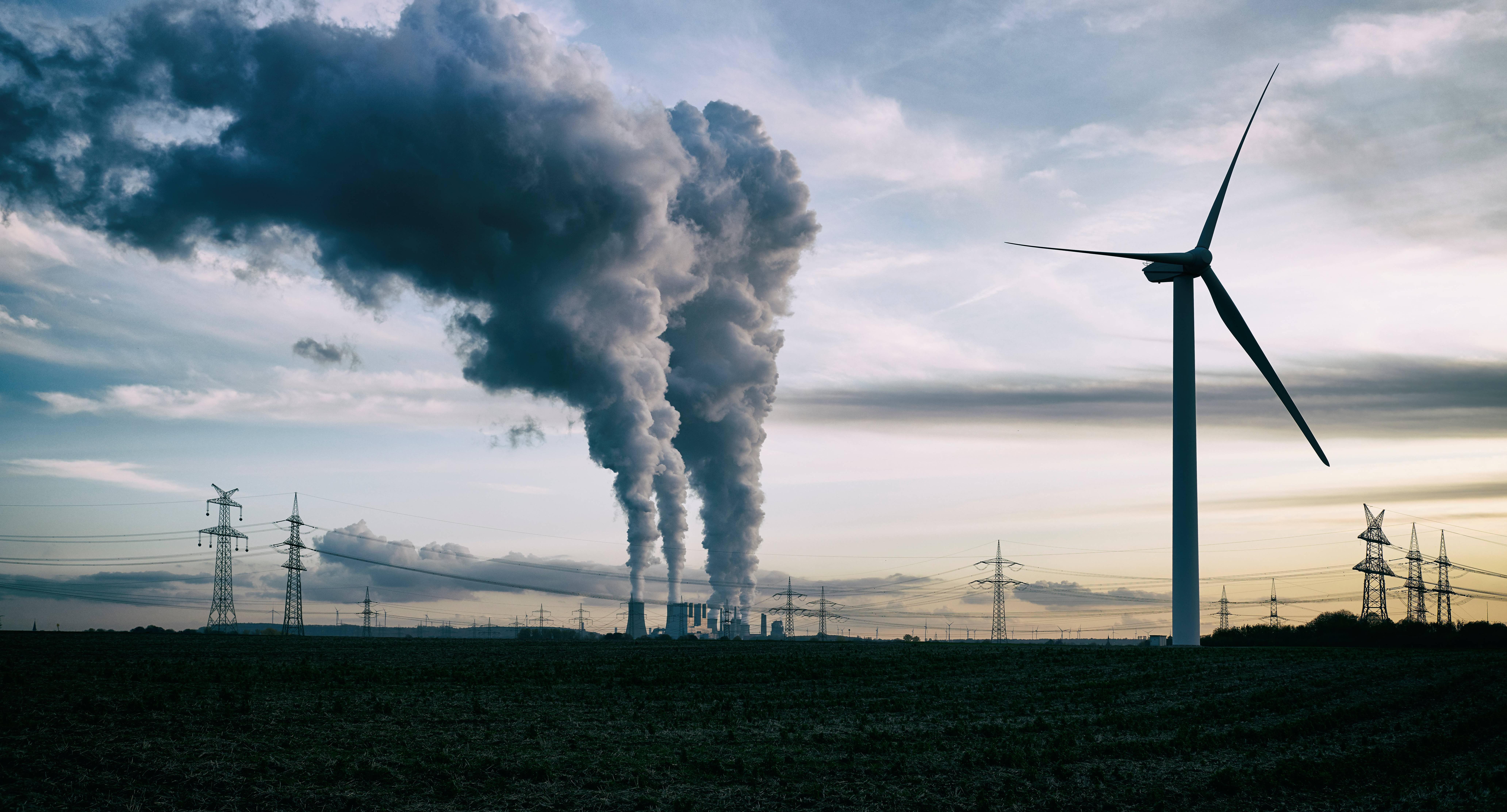
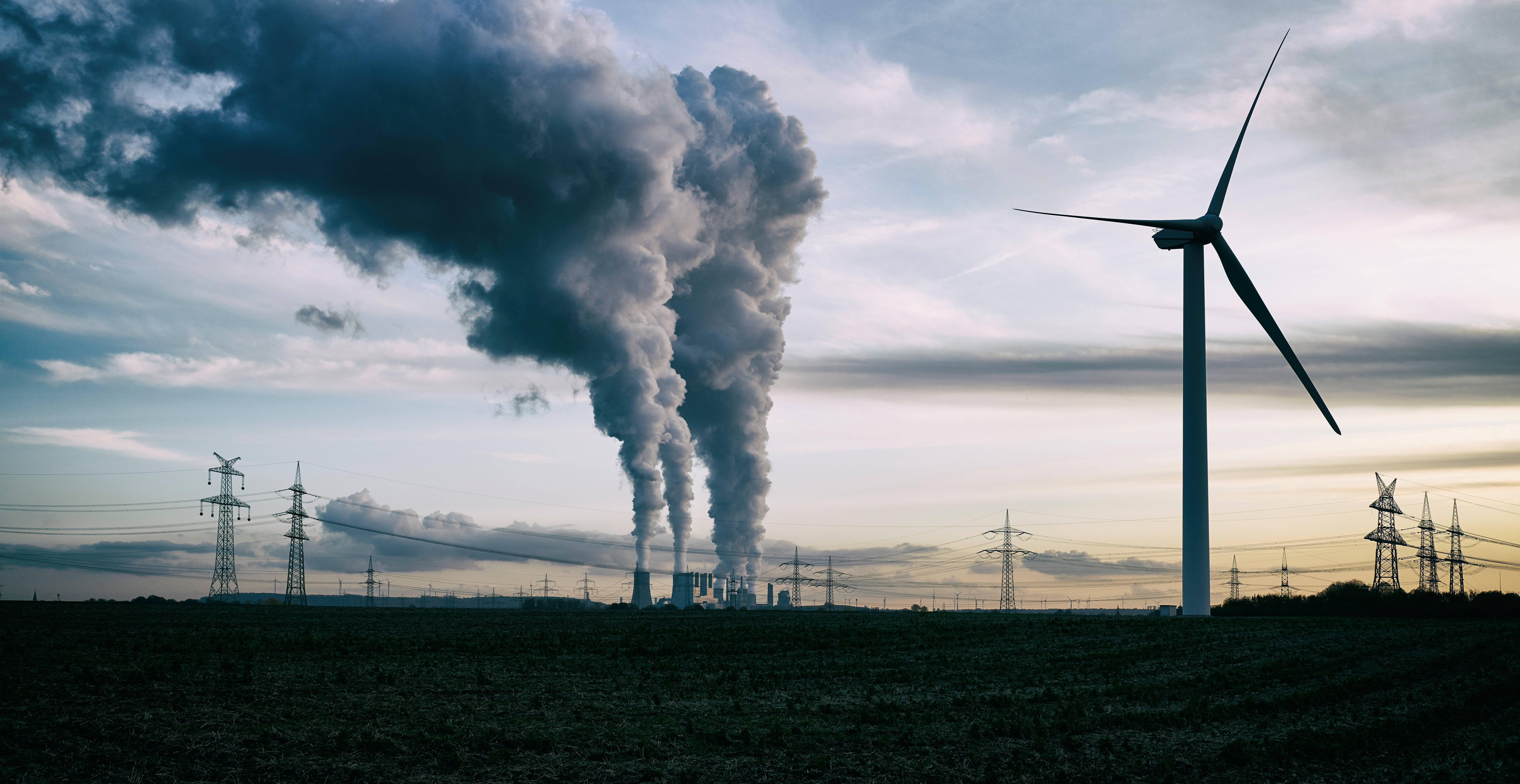
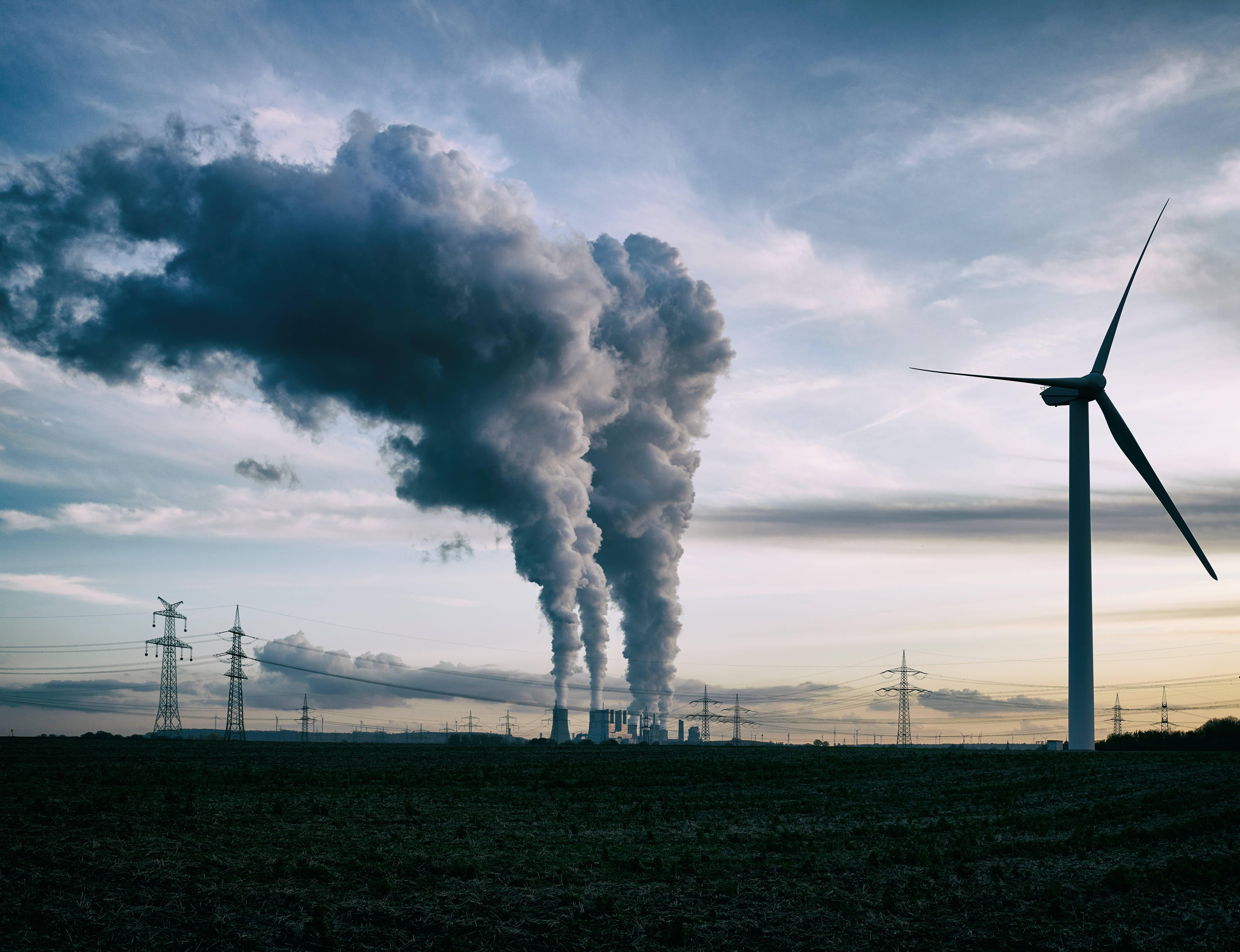
BMO’s Climate Ambition
We recognize the critical role that we, as a financial institution, play in catalyzing climate action, financing a just transition, and working with our clients to identify the risks and opportunities of the transition. Learn about how we are pursing our ambition to be our clients’ lead partner in the transition to net zero.
